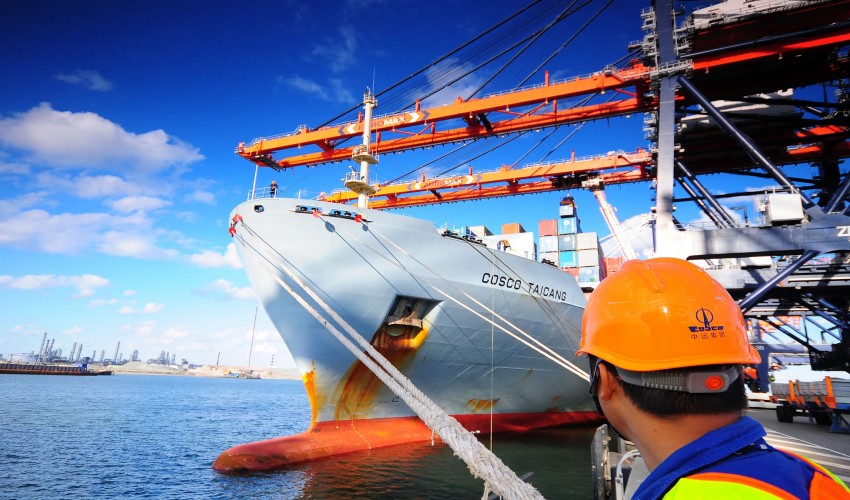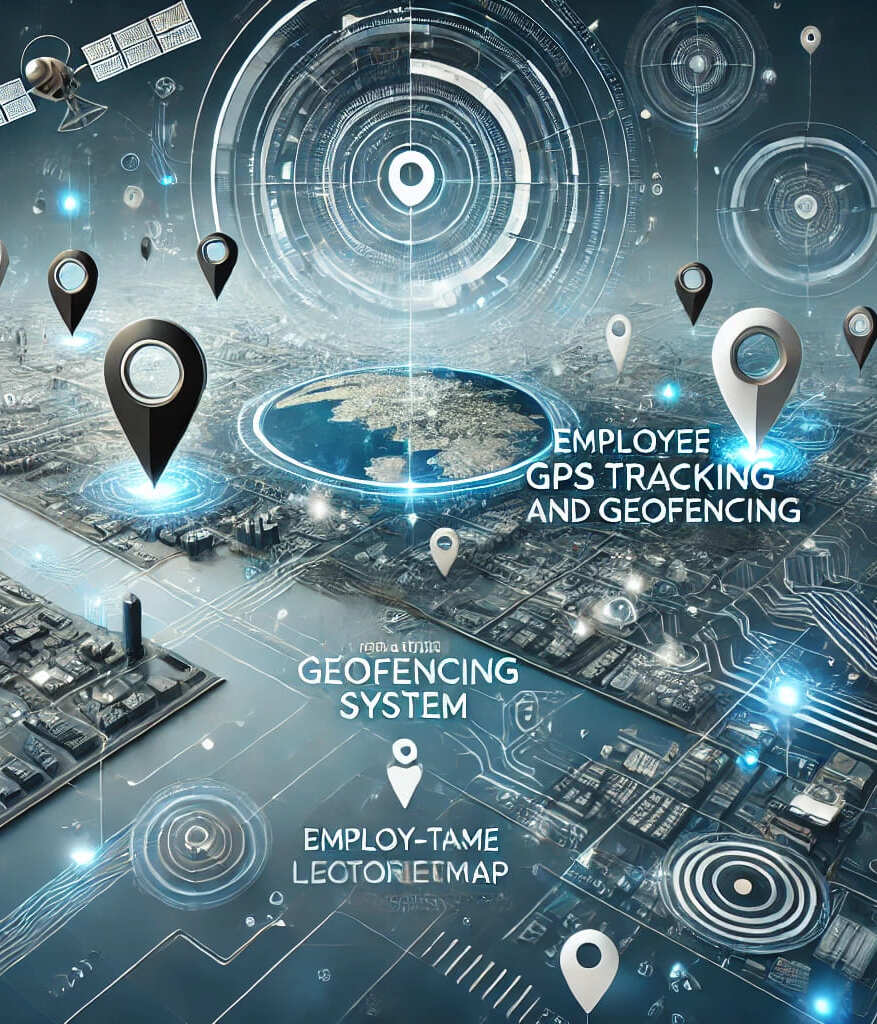
Marine Engineering
Marine engineering includes the engineering of boats, ships, oil rigs and any other marine vessel or structure, as well as oceanographic engineering or ocean engineering. Specifically, marine engineering is the discipline of applying engineering sciences, including mechanical engineering, electrical engineering, electronic engineering, and computer science, to the development, design, operation and maintenance of watercraft propulsion and on-board systems and oceanographic technology. It includes but is not limited to power and propulsion plants, machinery, piping, automation and control systems for marine vehicles of any kind, such as surface ships and submarines.
Naval architect
Naval architects are concerned with the overall design of
the ship and its propulsion through the water.
Mechanical
engineering
Mechanical engineers design the main propulsion plant, the
powering and mechanization aspects of the ship functions such as steering,
anchoring, cargo handling, heating, ventilation, air conditioning interior and
exterior communication, and other related requirements. Electrical power
generation and electrical power distribution systems are typically designed by
their suppliers; only installation is the design responsibility of the marine
engineer.
Oceanographic
engineering
Oceanographic engineering is concerned with mechanical,
electrical, and electronic, and computing technology deployed to support
oceanography, and also falls under the umbrella of marine engineering,
especially in Britain, where it is covered by the same professional
organisation, the IMarEST.
Offshore engineering
Civil engineering for an offshore environment, the design
and construction of fixed and floating marine structures, such as oil platforms
and offshore wind farms is generally called offshore engineering.
- Computational Mathematics
- Marine Boilers
- Analog Electronics & Communication
- Digital Electronics & PLC
- Applied Thermodynamics
- Mechanics of Machines
- Strength of Materials
- Electrical Machines
- Fluids Mechanics
- Marine Heat Engine & Air Conditioning
- Marine Engineering Drawing
- Applied Marine Control & Automation
- Material Science
- Ship Fire Prevention & Control
- Ship Structure & Construction
- Marine Internal Combustion Engine
- Marine Electrical Technology
- Fluid Mechanics
- Marine Auxiliary Machines
- Naval Architecture
- Management Science & Economics
- Elementary Design & Drawing
- Marine Steam Engineering
- Ship Operation & Management
- ON BOARD TRAINING & ASSESSMENT
- Advanced Marine Control Engineering & Automation
- Voyage / Training Report
- IMO - Maritime Conventions & Classification Society
- Advanced Marine Technology
- Engine Room Management
- Marine Machinery & System Design
- Simulator & Simulation
- Wind waves and Wave hydrodynamics
- Port Planning and Dredging
- Marine Geotechnical Engineering
- Analysis and Design of Marine Structures
- General Oceanography
- Estuarine dynamics and Coastal Engineering
- Construction
- Planning
- Operation and Management of Ports
- Computer Laboratory and Marine Structures Laboratory
- Coastal Engineering Laboratory and Marine Geotechnical Laboratory
- Remote Sensing Applications in Coastal Engg.
Recent Published
Submit Manuscript
To give your manuscript the best chance of publication, follow these policies and formatting guidelines.


